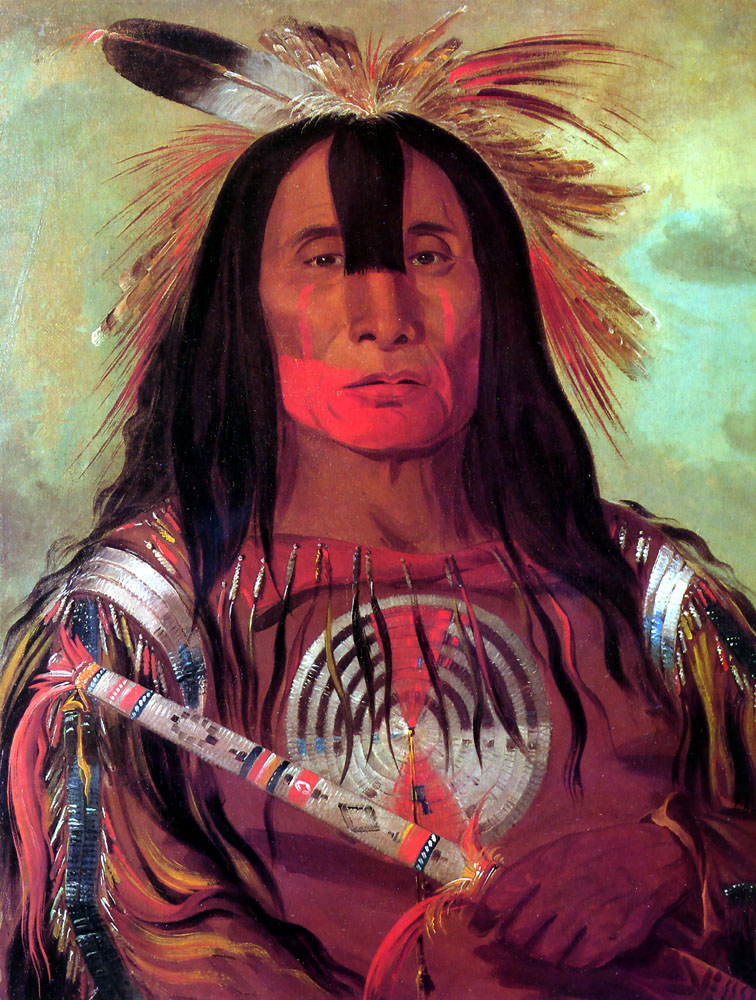Let's note that we're talking about two different kinds of names. Some Indians do have simple noun phrases as surnames--e.g., Spotted Elk, Winter Fox, or Echo-Hawk. This kind of name is uncommon but not unheard of these days.
Then there are names like "Dances with Wolves," which are elaborate descriptive phrases with nouns, verbs, and adjectives. Legitimate names of this type are rare. Examples include Janine Pease-Pretty on Top, Robin Kills the Enemy, and the fictional Thomas Builds-the-Fire.
In the first group, you won’t find many people named Moondancer, Wolfsinger, or Rainbow Eagle. In the second group, you won't find anyone named Running Mouth, Spends Too Much, or Drinks Like a Fish. A name like one of these is likely to be phony.
Indians don't soar like hawks
Note that there's nothing particularly funny, glamorous, or romantic about traditional Indian names. If they used a descriptor, it was likely to be down-to-earth and prosaic. Hence you find names like Back Fat, Snapping Turtle, and Drinks the Juice of the Stone. Indian life was more about concrete details like these than about the intangible spirit world.
You can almost tell whether a name is phony by how uplifting and "noble" it sounds. Indians traditionally got their names from relatives, things that happened in their lives, or dreams and visions. A name could reflect anything in the human or animal kingdom—e.g., Buffalo Hump, Blue Duck, One Who Yawns (Geronimo). The odds that someone would get a media-friendly name like Brave Bear, Morning Star, or Runs Like the Wind were small.
Anyway, it's the second group of names that things like the Duluth t-shirts parody. These "humorous" names trivialize and misrepresent genuine Native cultures. A name that should be linked to some aspect of Native lore or history is instead treated like a joke.
For more on the subject, see "Funny" Indian Names.
Below: Stu-mick-o-súcks, Buffalo Bull's Back Fat, Head Chief, Blood Tribe--painted by George Catlin.


2 comments:
One of the most poetic/interesting sounding names I've heard is "Hole in the Day", which was used by two actual Minnesota-area Ojibwe chiefs in antiquity.
My first guess when I heard it, is that it referred to an eclipse.
According to Brainerd History:
"It has been given many translations, one of them "an opening in the sky through which the light streams down." The most logical explanation, however seems to be that Hole-In-The-Day's father, from whom he took the name, was born during an eclipse of the sun."
Wolfsinger? Okay, Nounverber names have officially gone into "insane" territory.
Granted, it's been that way since the days of Norse mythology, unless Loki could walk on the sky. But Loki, for all his tricks, never claimed to be an Indian in this or any other life.
Post a Comment